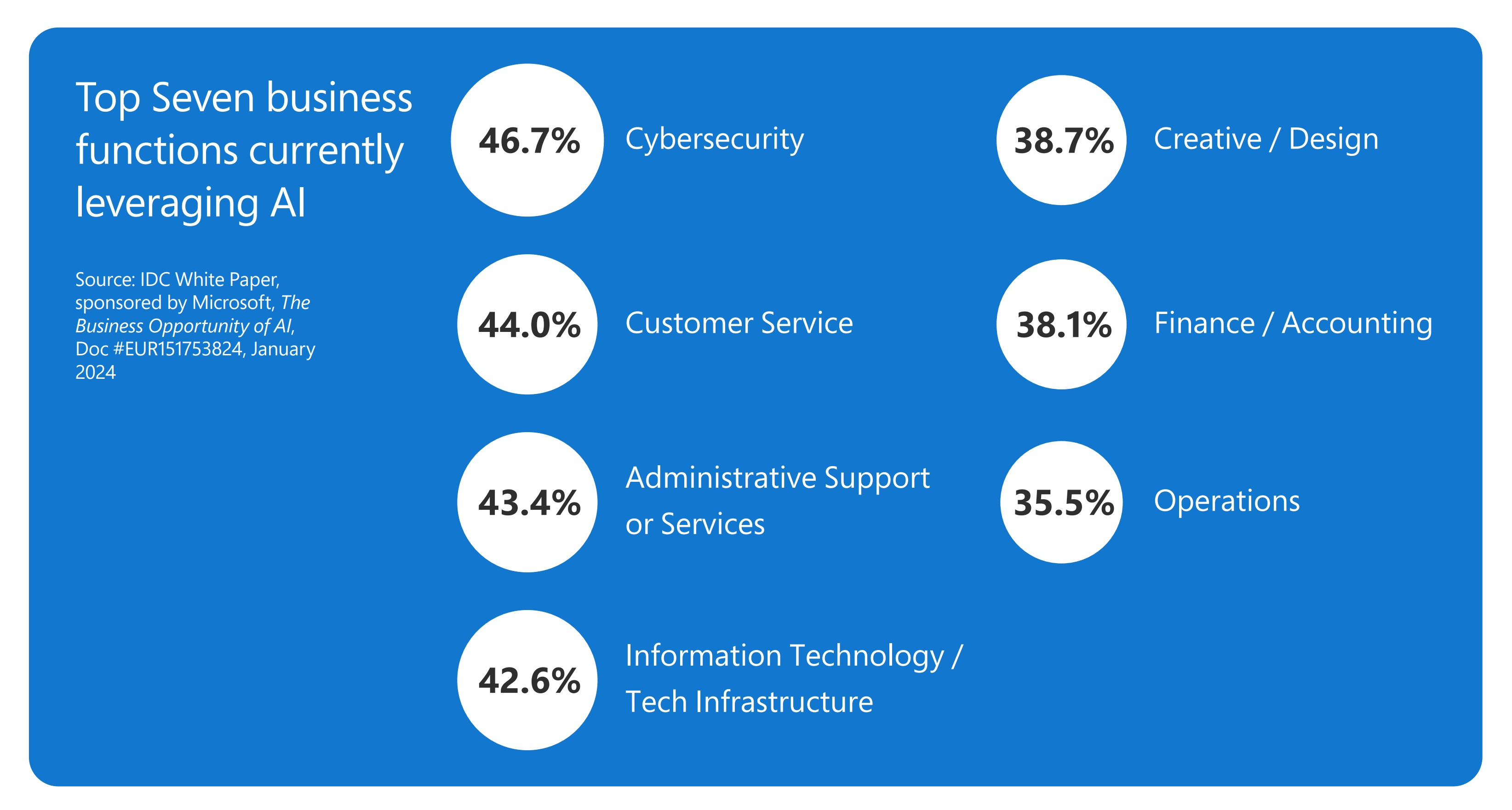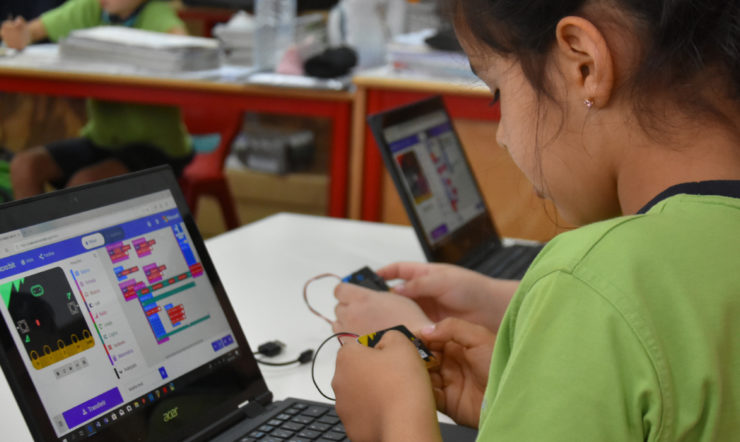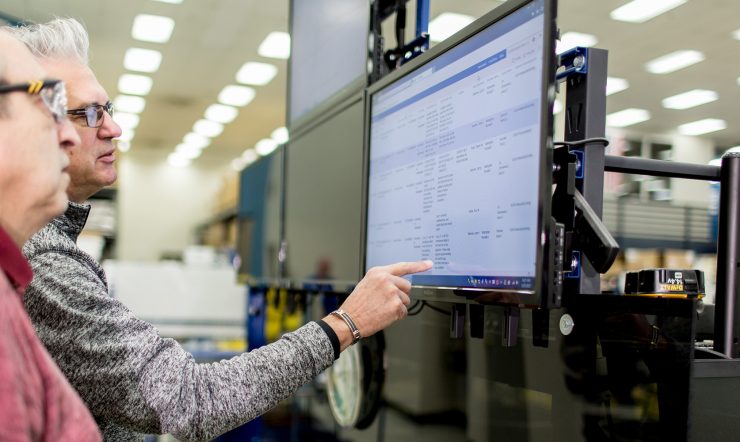As all organizations digitize and become data-led, the promise of increased growth and prosperity is significant. According to PWC, the net gains from AI will total $2.5 trillion in Europe by 2030.
At the same time, it’s important to recognize that the cyber-threat landscape is expanding at a rapid pace. For example, in Microsoft’s 2023 Digital Defense Report – which draws on the 65 trillion security signals Microsoft receives each day – we can see the number of password attacks increasing over 10 times year over year.
Compounding the issue, many cybersecurity teams are stretched thin, with a shortage of about 500,000 cybersecurity professionals in Europe. So, effectively analyzing, investigating and mitigating threats can be a real challenge for many organizations – and staying ahead of the next cyberthreat is top of mind for the C-Suite.
So, how can defenders achieve an advantage in this context?
Organizations across Europe are turning to AI to help. Recent research from IDC reveals that cybersecurity is the number-one use case for AI.

With this take-up of AI for security aims, I wanted to share how the C-suite can think about this technology and the specifics of how defenders can create a clear advantage in the immediate future and in the years to come.
Giving time and energy back
AI has the ability to ease the strain on cybersecurity analysts while letting them focus on the higher-value aspects of their jobs. Take for example, managing security alerts. This can feel overwhelming for analysts working for legacy organizations. New tools help automate threat detection and response, prioritizing the incidents that need analysts’ attention.
Reporting is another important function where GenAI tools can help. A new-to-career analyst needs to update the CISO on an incident. They can now rapidly generate an accurate report summarizing how the attack happened and the steps taken to address it.
Augmenting teams like this will only be increasingly important over time, with legislation like NIS2 calling for a new level of reporting diligence.
I was incredibly excited to see the results Microsoft Copilot for Security preview customers have reported.
These analysts report already that they’re making time savings of 40% on core tasks – including investigations. And then when it comes to reporting, there are reports of time savings of up to 60%.
Complete coverage of your data estate
With companies in every sector using AI and the cloud to effectively capture, store and analyze data across their entire value chain, data estates are growing exponentially. This presents a wealth of information for businesses to pour through in support of their objectives, but also represents more opportunities for cyber incidents to occur.
The beauty of GenAI is that it can reason over data across all endpoints and applications. Security professionals now have full visibility across the entire data estate – and don’t need to think about navigating a maze of solutions and technologies to get this picture.
Using natural language prompts, they can get insights and analytics quickly and effectively. This helps professionals better monitor, respond and pre-empt to potential threats from across their data estate.
Augmenting and teaching new skills
GenAI can help guide analysts in navigating an incident – breaking down the actions of a malicious script or bad actor and recommending steps for remediation. This can be done at pace, with Microsoft Copilot for Security able to understand 500 lines of code in about a minute.
Further, the analysis and recommended next steps are all presented in natural language. This is so important for those people on a team who are newer to the cybersecurity industry and developing their skills.
Data from Microsoft Copilot for Security customers speaks for itself. Among analysts new in career using Security Copilot: 86% said the quality of their work improved, and the same percentage of people also said their productivity levels went up.
With Europe’s cybersecurity skilling challenge, this is a gamechanger in how it allows new talent to enter this profession, and upskill your current talent to get ahead of new threats and security challenges.
Winning the long game
GenAI isn’t here to replace cybersecurity professionals. It’s here to amplify their skills and unleash their full potential.
Analysts will spend less and less time on energy-consuming tasks like log analysis and reporting. Instead, they will be able to delve deeper into threat hunting and spend more time crafting proactive defensive strategies. In other words, they can be more focused on strategy, liberated from reactive firefighting.
This is the future GenAI offers. A future where cybersecurity careers become even more rewarding and impactful. A future where Europe’s cybersecurity industry will continue to grow and thrive. This really is a watershed moment where we can build a safer, more secure future for every business and individual.
For CISOs and cybersecurity professionals interested in learning more, this whitepaper is a helpful resource.

























